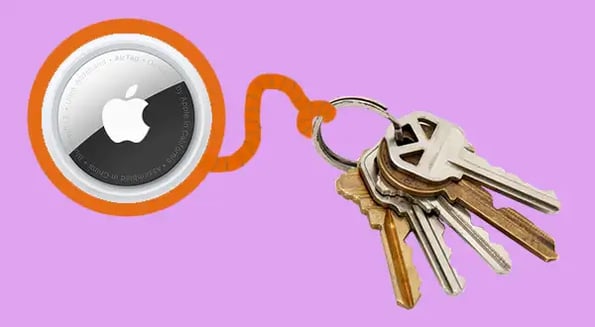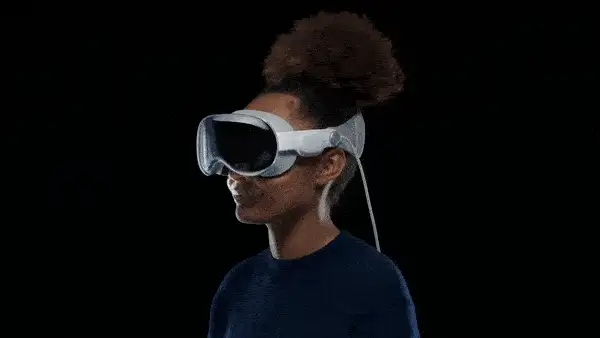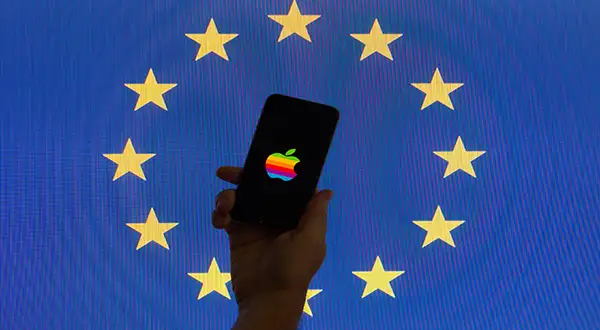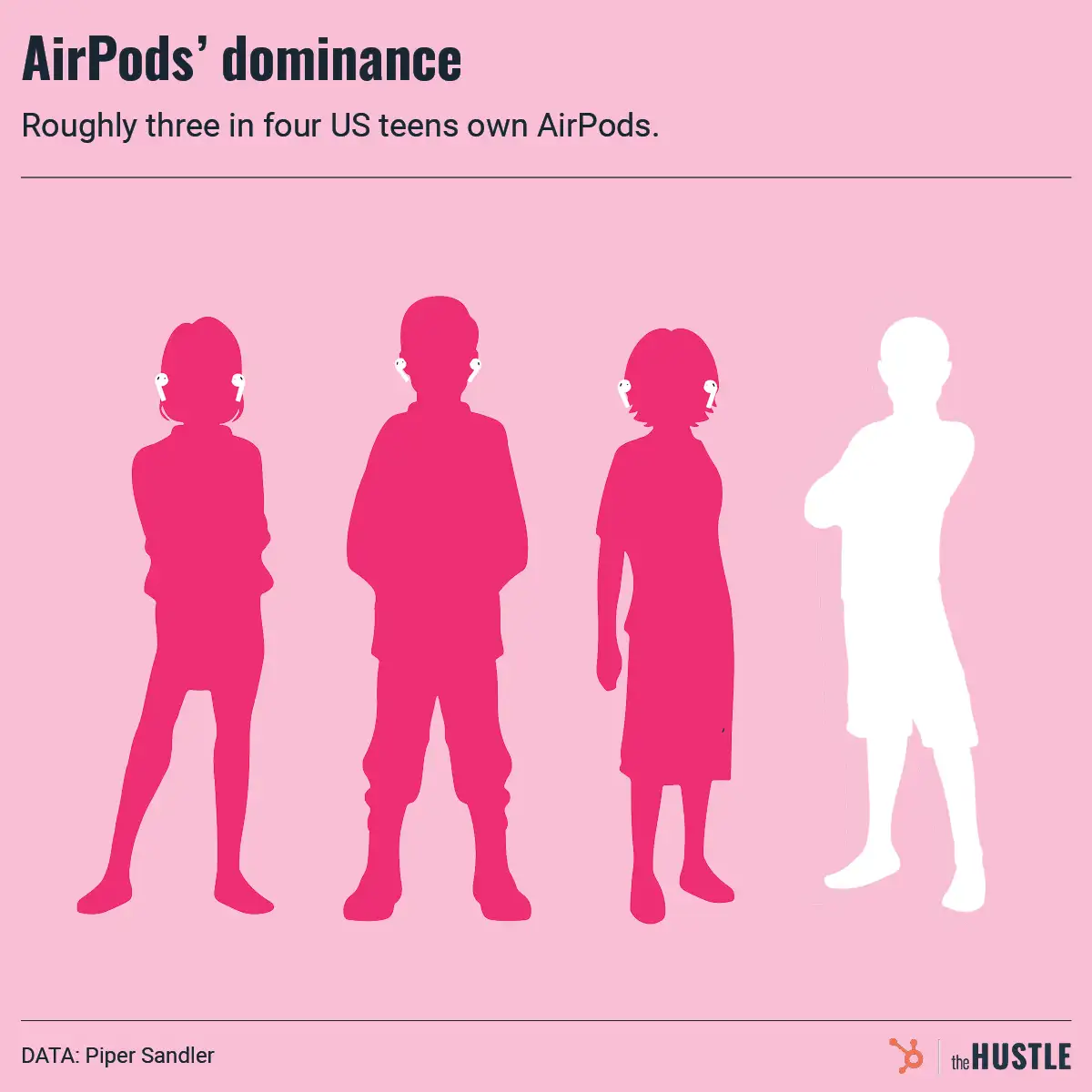Apple’s website states that “privacy is a fundamental human right,” but one of its new products apparently didn’t get the memo.

AirTags, the company’s coin-sized location trackers, have reportedly been used for stalking, and it’s freaking people out, per The New York Times.
First, what are AirTags?
AirTags are 1.26-inch discs equipped with Bluetooth and location-tracking capabilities, and are part of Apple’s “Find My” suite of tools that help users track items.
While “Find My” tracks Apple products automatically, AirTags let users track everything else (e.g., wallet, purse, puppy).
AirTags use the entire iOS device network to report location — and since Apple products are everywhere — that means more exact locations than other tracking devices.
Now the scary part
Bad actors have been dropping the tags in purses and behind license plates to track people unknowingly.
Despite Apple adding safety features, victims have reported a range of issues, including:
- Late notice: Victims of unsolicited tracking receive a vague notification reading “AirTag detected near you,” but some report it taking 4+ hours or even days to get the notification.
- Difficulty finding the AirTag: The tiny size of AirTags makes them hard to find, causing victims stress.
- Weak responses: Apple encourages victims to reach out to law enforcement, but some say police don’t always take the claims seriously.
Also, if you don’t have an iPhone, you won’t get a notification at all.
Apple has pushed several new safety features…
… including an update prompting AirTags to beep when they’ve been away from their paired device for one day, and an app allowing Android users to manually scan for AirTags in their proximity.
Critics argue the beeping noise is faint, and the Android app requires proactive use.
But it’s not all bad — here are 10 creative (noncriminal) ways to use AirTags for good.










